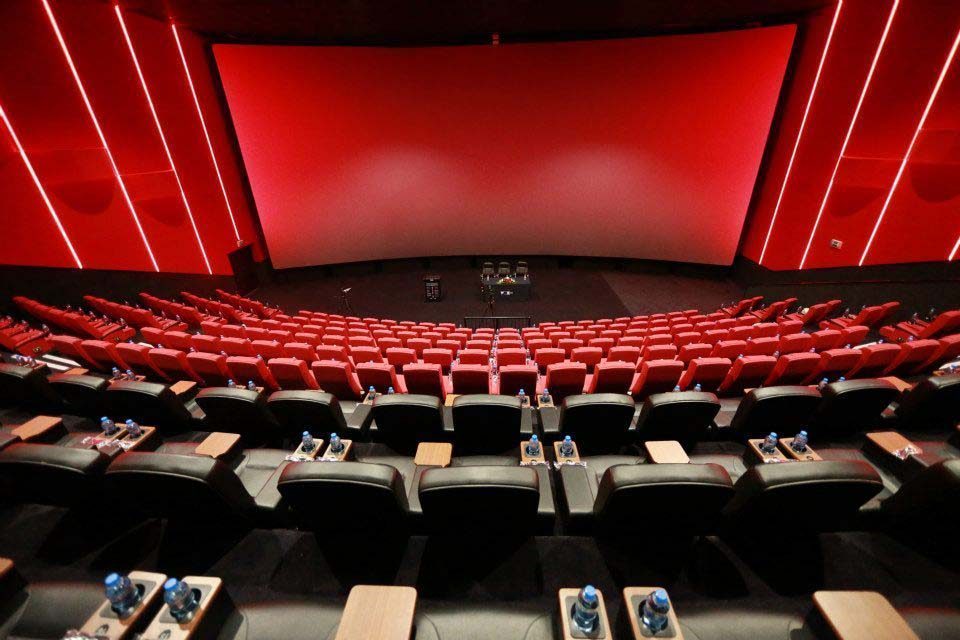The 10th Qumra meeting began with DFI organisers addressing the ongoing genocidal war in Gaza, which has killed at least 30,534 Palestinians so far and wounded 71,920, others.
The CEO of Doha Film Institute (DFI) has emphasised the pivotal role of initiatives like Qumra in reshaping global perspectives on the Arab world through cinema.
Fatma Hassan Al Remaihi credited DFI and Qumra for providing essential funding, workshops, and networking opportunities that have led to the creation of films challenging stereotypes about the Arab world.
She reiterated DFI’s commitment to supporting independent voices globally, filling critical gaps in financing and mentorship.
“Our mission is to promote independent and new voices from around the world because today there are very few places that provide them with the financing and mentorship they need. The funding, workshops and networking provided by DFI and through initiatives such as Qumra have helped create films that address the misrepresentation of the Arab world,” Al Remaihi said.
She also stressed DFI’s commitment to discovering new stories and storytelling approaches without imposing restrictions on filmmakers.
Qumra, an initiative to mentor and develop filmmakers from Qatar and around the world, has attracted industry professionals from 41 countries this year, which serves as a testament to the growing international interest.
Qumra’s support covers the entire script-to-screen journey, with a specific focus on leveraging video on demand (VoD) and online platforms to expand the reach of filmmakers even further.
The 10th Qumra meeting began with DFI organisers addressing the ongoing genocidal war in Gaza, which has killed at least 30,534 Palestinians so far and wounded 71,920, others.
DFI CEO Al Remaihi expressed concern about the ongoing Israeli genocide in Gaza: “While we celebrate the progress that we have made in nurturing new voices in cinema, we are also confronted with the genocide in Gaza and the ongoing attempts to silence the voices crying out against it.”
“This cultural genocide is a profound reminder of our responsibility as a global community to ensure that all voices are heard, and all lives are treated with dignity and respect.”
Al Remaihi’s Gaza comments came a day after reports of Israel came to light about the occupation’s targeting of hundreds of Palestinians in Gaza near the Nabulsi roundabout on February 29 as they were collecting aid, killing more than 100 people.
Gaza’s 2.2 million population have been suffering from starvation due to the extreme shortage of basic resources under Israel’s complete blockade on the Strip and the hindered entry of aid.
“While the situation continues to worsen in Palestine and countries throughout the region including Yemen, Lebanon, Sudan and Syria, providing a platform to acknowledge the courage and resilience of those fighting against oppression becomes even more important,” said Al Remaihi.
“The Doha Film Institute has always been and will remain dedicated to realising important stories and amplifying unheard voices that connect us in our shared humanity. We are proud to be on the journey with these bold and evocative projects that will impact our societies for years to come.”
Several noteworthy projects by Palestinian filmmakers are featured at Qumra this year, including Ahmad Saleh’s “Trouble Magnet,” Mohammed Almughanni’s doc “Son of the Streets,” Mayar Hamdan and Shaima Al Tamimi’s “The Myth of Mahmoud,” and Saleh Saadi’s TV series “Dyouf.”
